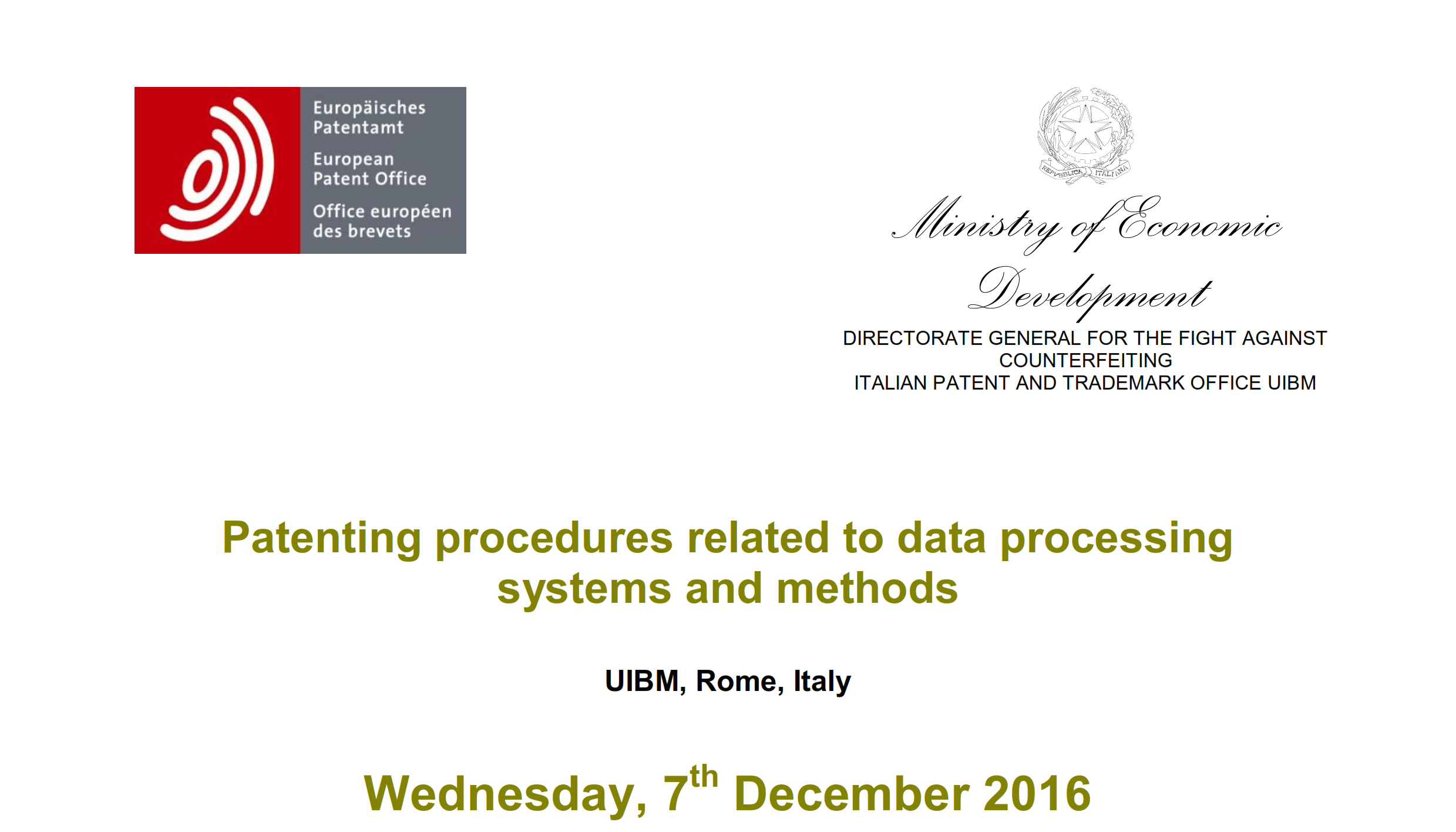
The applicant had filed an application for registration of an EU trade mark for the word sign MOBILE LIVING MADE EASY for goods and services in Classes 5 to 7, 9, 11, 12, 19 to 22 and 37 of the Nice Agreement. The EUIPO examiner rejected the application on the ground that it was devoid of any distinctive character. The applicant filed a notice of appeal with EUIPO and the Board of Appeal of EUIPO dismissed the appeal holding that the sign was devoid of any distinctive character, because the relevant public would perceive the expression ‘mobile living made easy’ as a promotional laudatory message which serves to highlight positive aspects of the goods and services concerned, namely that they make it easy to have a mobile, travelling life, and not as an indication of their commercial origin.
The General Court held that, in order to determine whether the goods and services covered by an application to register an EU trade mark are interlinked in a sufficiently direct and specific way and can be placed in sufficiently homogenous categories or groups, account must be taken of the fact that the objective of that exercise is to enable and facilitate the assessment in concreto of the question whether or not the mark concerned by the application for registration is caught by one of the absolute grounds for refusal. By recalling the Case Law of the Court of Justice of the EU, the General Court further held that the placement of the goods and services at issue in one or more groups or categories must be carried out in particular on the basis of the characteristics which are common to them and which are relevant to the analysis of whether or not a specific absolute ground for refusal may apply to the mark applied for in respect of those goods and services.
Also, it must be examined whether or not, in the light of the meaning of the word element of the mark applied for, the goods and services covered by the mark at issue constitute a homogenous group justifying recourse to general reasoning.
The General Court still recalled the Case Law of the Court of Justice of the EU stating that, despite their differences, all the goods and services at issue could have a common characteristic, relevant to the analysis that the Board of Appeal had to carry out, which could justify their placement within a single homogenous group and the use by the Board of Appeal of general reasoning in relation to them.
In the present case, the General Court held that it is apparent from the contested decision that the Board of Appeal found that the goods and services referred to in the application for registration belonged to a homogenous category in the light of a common characteristic defined by reference to the meaning of the sign applied for, namely ‘which facilitates mobile life’. In that regard, ‘[a]lthough the goods in the various classes have very different specific characteristics, they form[ed] one homogenous category concerning a general, but essential or desirable, feature for those who are moving around in e.g. their vehicles by land or water, namely, one way or another, the goods facilitate[d] mobile life (by providing means for the specific purposes of personal hygiene, safety, security, energy, cooking, preserving food and drink, thermal comfort or comfort in general)’.
The General Court acknowledged that the Board of Appeal thus took into account that the application to register covered goods and services with different characteristics. However, it took the view that those goods and services also had a general characteristic in common of facilitating mobile life.
Moreover, the General Court stated that the Board of Appeal pointed out that the services in Class 37 referred to in the application for registration related to recreational vehicles, motorhomes, caravans, yachts and boats, passenger vehicles, vans and trucks that could serve as permanent or temporary accommodation for professional or leisure purposes and that the goods in question could be installed or used in those vehicles. Consequently, goods which are installed or used in such vehicles must be considered to be goods which facilitate mobile life in one way or another.
Thus, the General Court held that the Board of Appeal was right in finding that the goods and services in question form a homogenous category, in that they facilitate mobile life in one way or another.
By recalling the Case Law of the Court of Justice of the EU, the General Court stated that registration of a trade mark which consists of signs or indications that are also used as advertising slogans, indications of quality or incitements to purchase the goods or services covered by that mark is not excluded as such by virtue of such use. However, a mark which, like an advertising slogan, fulfils functions other than that of a trade mark in the traditional sense of the term is distinctive only if it can immediately be perceived as an indication of the commercial origin of the goods or services in question and accordingly enables the relevant public to distinguish, without any possibility of confusion, the goods or services of the proprietor of the mark from those which have a different commercial origin.For a finding of no distinctive character, it is sufficient that the semantic content of the word mark in question indicates to the consumer a characteristic of the product or service relating to its market value which, whilst not specific, comes from promotional or advertising information which the relevant public will perceive at first glance as such, rather than as an indication of the commercial origin of the product or service in question.
Hence, the General Court shared the view of the Board of Appeal that the sign did not contain any unusual variation of the English rules of syntax and grammar and that advertising slogans, such as that in the present case, were often written in a simplified form, so as to make them more concise and snappier. The mark applied for, taken as a whole in relation to the goods and services in question, sent a clear and unequivocal message, which was immediately apparent and did not require any interpretative effort on the part of the relevant English-speaking public. Thus, the relevant public would perceive the expression ‘mobile living made easy’ as a promotional laudatory message, the function of which was to communicate an inspirational message of quality and that it would not perceive in the sign applied for any particular indication of commercial origin beyond the promotional information conveyed, which merely served to highlight positive aspects of the goods and services in question, namely that they made it easy to have a mobile, travelling life. In that regard, the relevant public is the English-speaking public, and the meaning of the sign applied for does not depart from everyday language in such a way that the relevant public will recognise in it more that the mere juxtaposition of the expressions ‘mobile living’ and ‘made easy’, and the relevant public will understand that sign as meaning ‘which facilitates mobile life’. That meaning is so obvious that that public does not need to think in order immediately to understand it.
Thus, the General Court shared the view of the Board of Appeal that the sign applied for will not therefore be perceived by the relevant public as an indication of the origin of the goods and services in question, but as an advertising slogan. Furthermore, the sign applied for does not include any unusual element capable of conferring distinctive character on that sign.
Therefore, the General Court confirmed the decision of the Board of Appeal holding that that sign does not include any elements that might, beyond its promotional meaning, enable the relevant public to memorise it easily and instantly as a trade mark for the goods and services in question.









